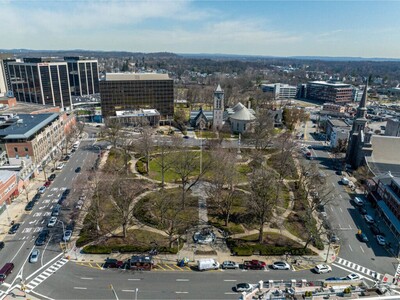New Jersey Announces Free Air Filtration Purifiers for K-12 Schools to Improve Air Quality
Schools Have Until April 12 to Apply for Portable HEPA Filtration Purifiers and Filters Through the NJ Health Department.
In an effort to enhance air quality and provide a healthier environment for students, teachers, and staff, the New Jersey Department of Health (NJDOH) has announced a new program offering free portable high-efficiency particulate air (HEPA) filtration purifiers and filters to K-12 schools across the state. Research has shown that indoor air pollutant levels can be significantly higher than outdoor levels, with contaminants such as dust, mold, mites, and pollen posing health risks, especially for those with allergies and asthma.
Health Commissioner Judith Persichilli emphasized the importance of this initiative, stating that HEPA purifiers offer layered protection against environmental pollutants and contribute to healthier school environments. The goal is to keep students healthy and engaged in learning to their fullest potential.
The program is funded by the Centers for Disease Control and Prevention (CDC), in partnership with the NJDOH, the New Jersey Department of Education, and the New Jersey Schools Development Authority. It builds upon funding from the Elementary and Secondary School Emergency Relief Fund (ESSER) that supported K-12 schools in purchasing air filtration items such as HEPA units and filters.
Jamie Weller, MSN, RN, NJ-CSN, Deputy Director of NJDOH's Office of Local Public Health, who spearheaded the initiative, shared her firsthand experience with the impact of asthma on New Jersey students. She noted that allergens, environmental irritants, and respiratory infections can trigger asthma symptoms, and the HEPA purifiers can promote a healthier learning environment.
Schools interested in participating in the program must complete a survey by 3 p.m. on April 12. Requests will be reviewed by the NJDOH, but receiving the requested number of HEPA purifiers is not guaranteed. Each school will also receive up to three replacement HEPA sets per unit, with each purifier/three-filter set designed to last for two full school years.
Dr. Angelica Allen-McMillan, Acting Education Commissioner, underscored the importance of providing students and staff with a high-quality learning environment, and the role of HEPA purifiers in achieving that objective. The program, open to both public and nonpublic schools, can help reduce airborne irritants and provide protection from respiratory illnesses.
HEPA units are known to be effective in reducing pollutants and airborne particles, including the SARS-CoV-2 virus responsible for COVID-19. While HEPA purifiers do not replace adequate ventilation, they can support other ventilation methods. The provided Medify Air MA-112 purifier model can cover up to 1,050 sq. ft. and should be placed in areas frequently used by students, particularly those who may be medically fragile, such as classrooms and nurses' offices.
For more information or assistance, contact COVID.schooltesting@doh.nj.gov.















